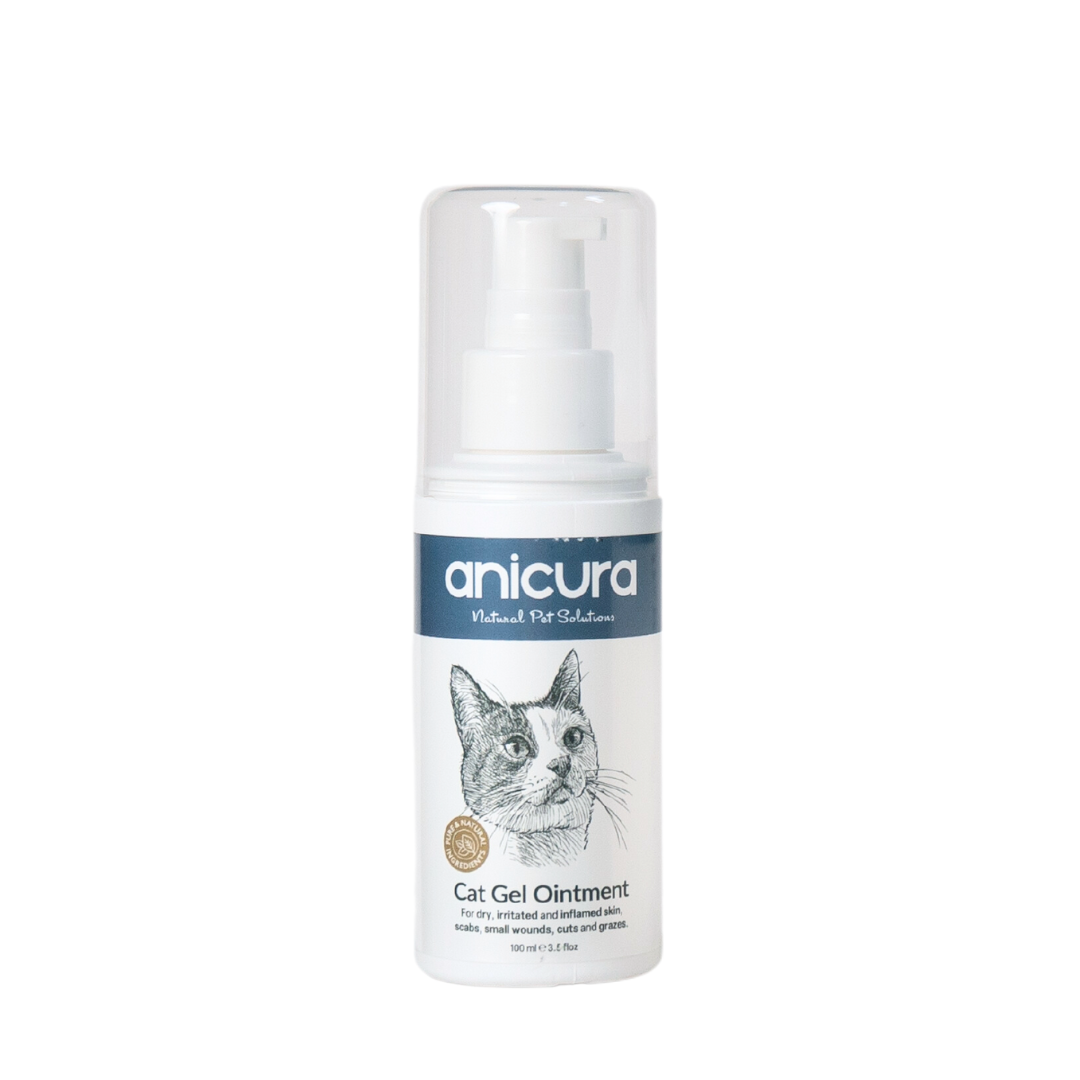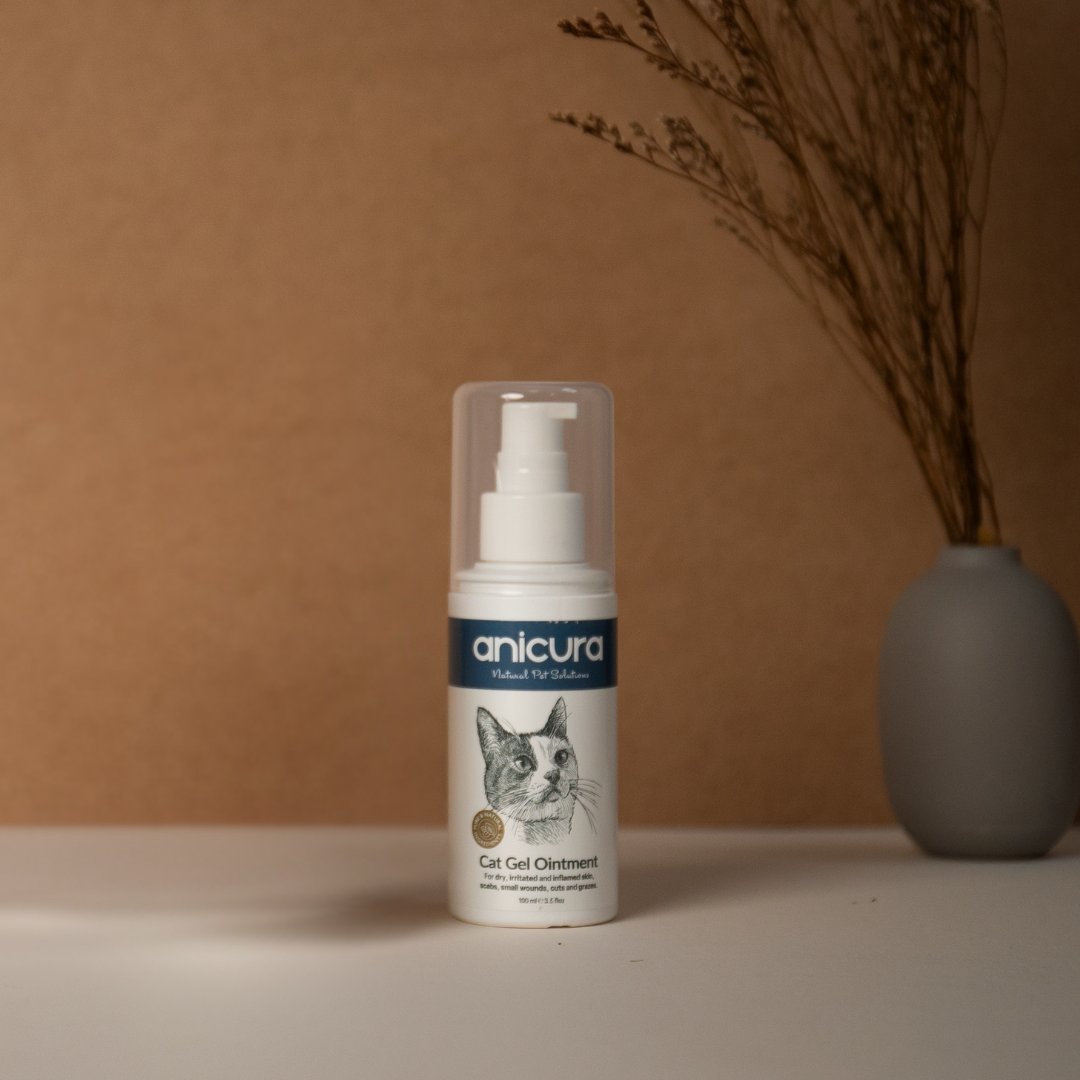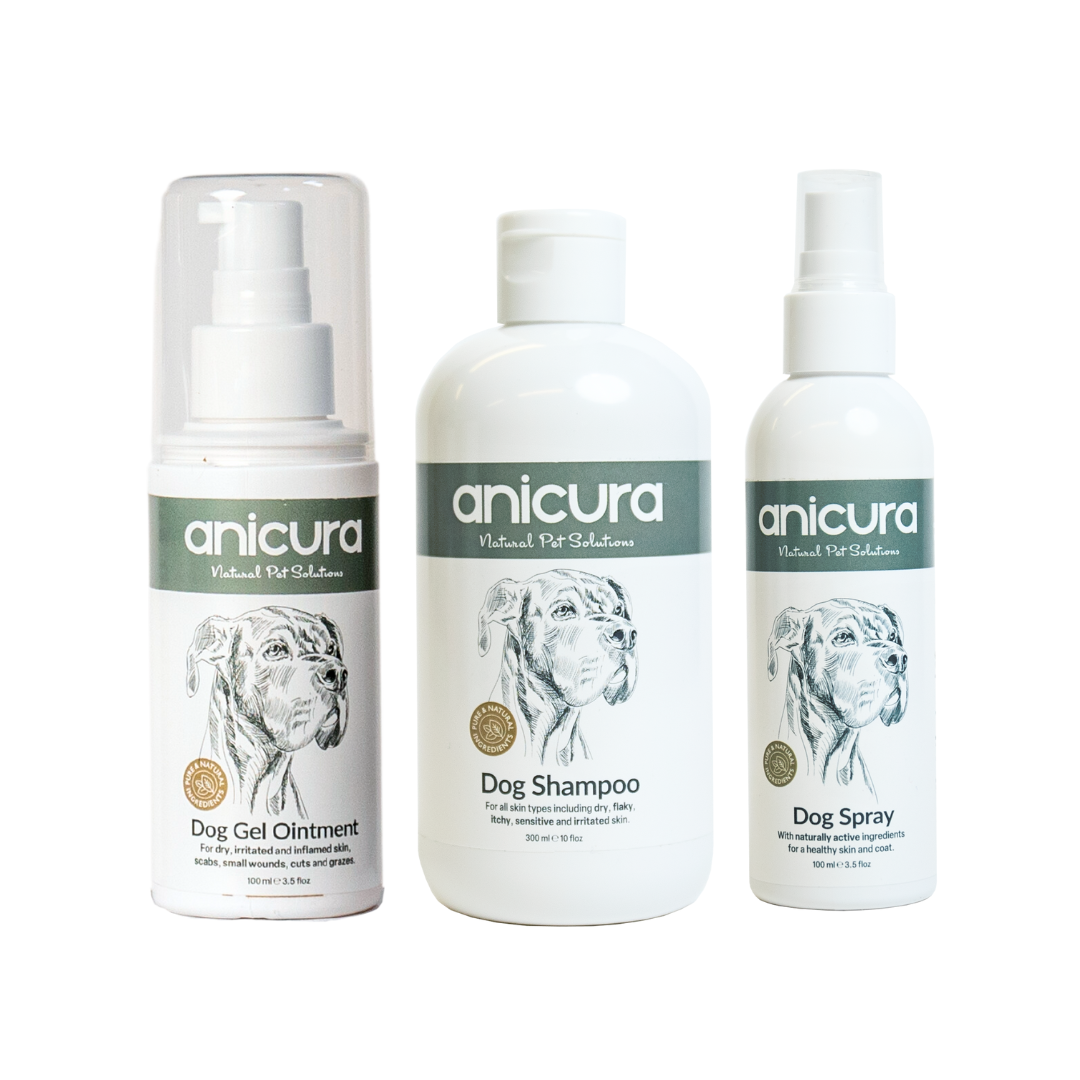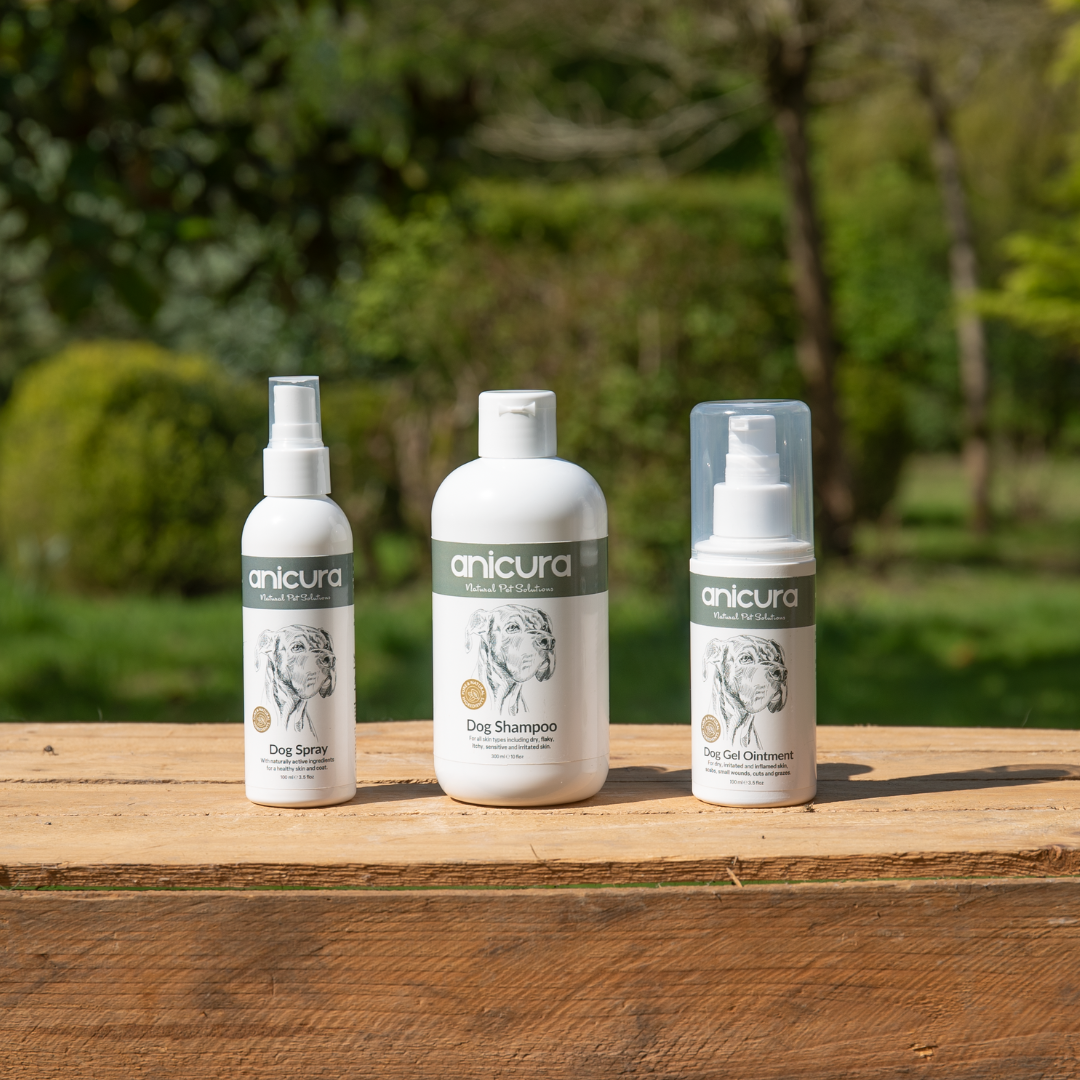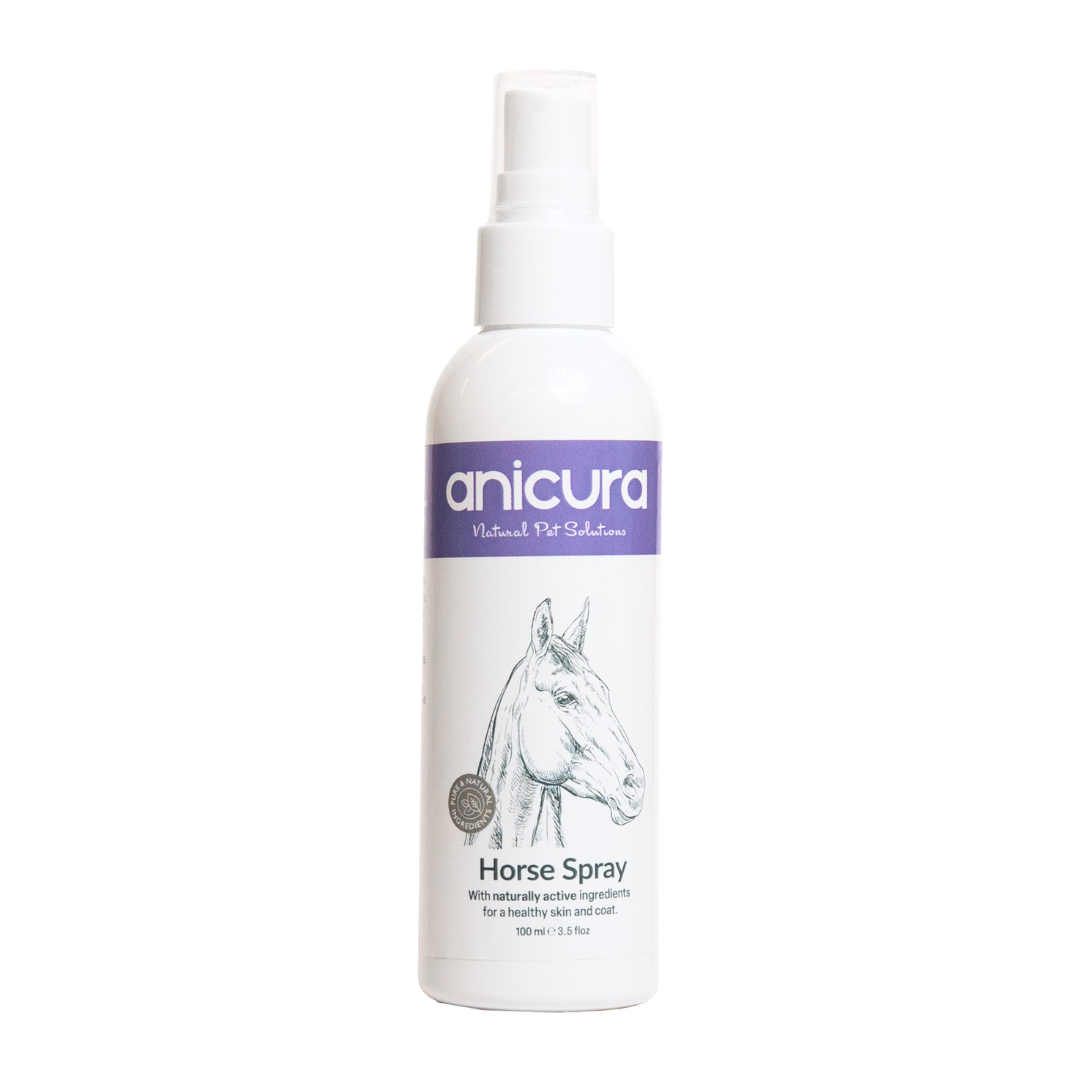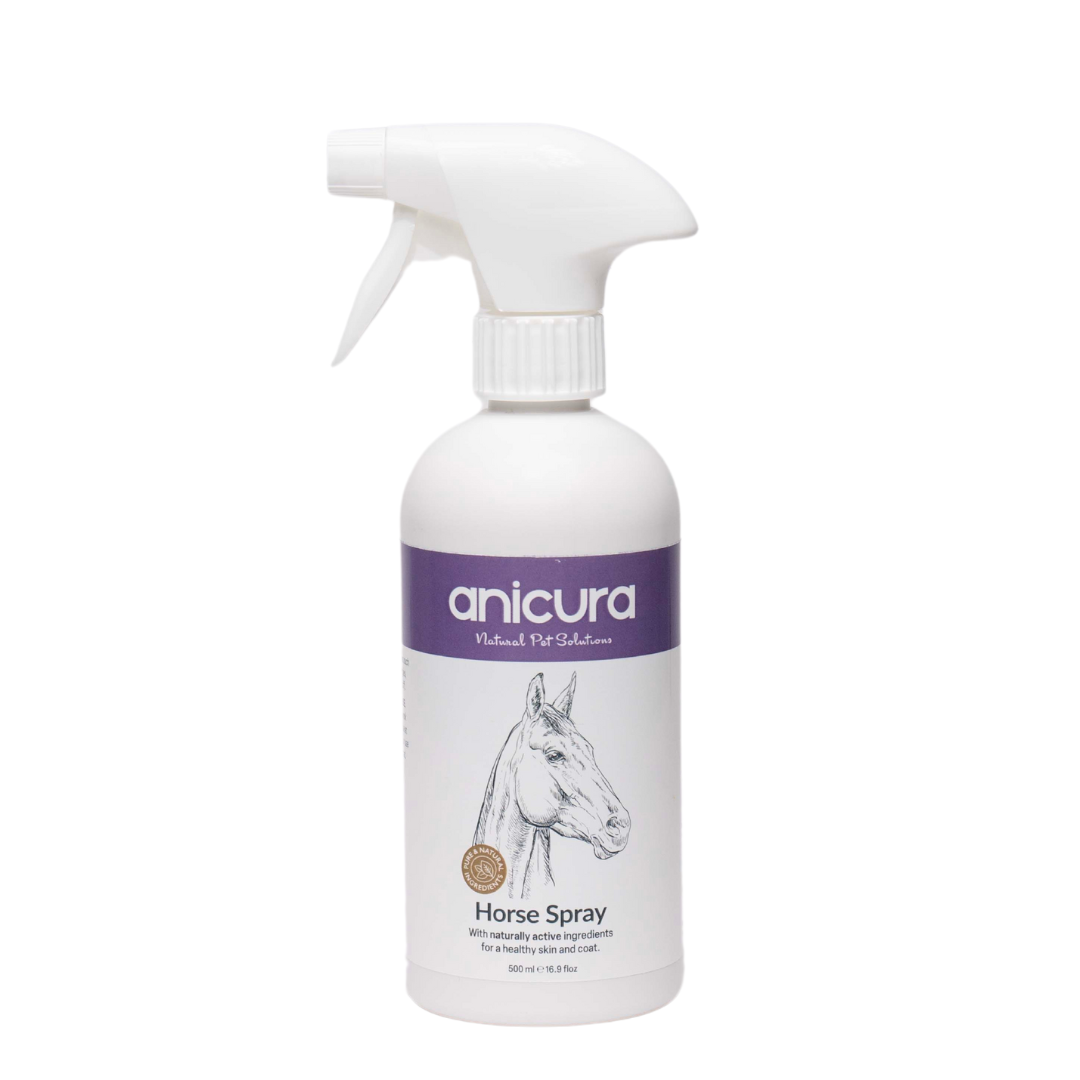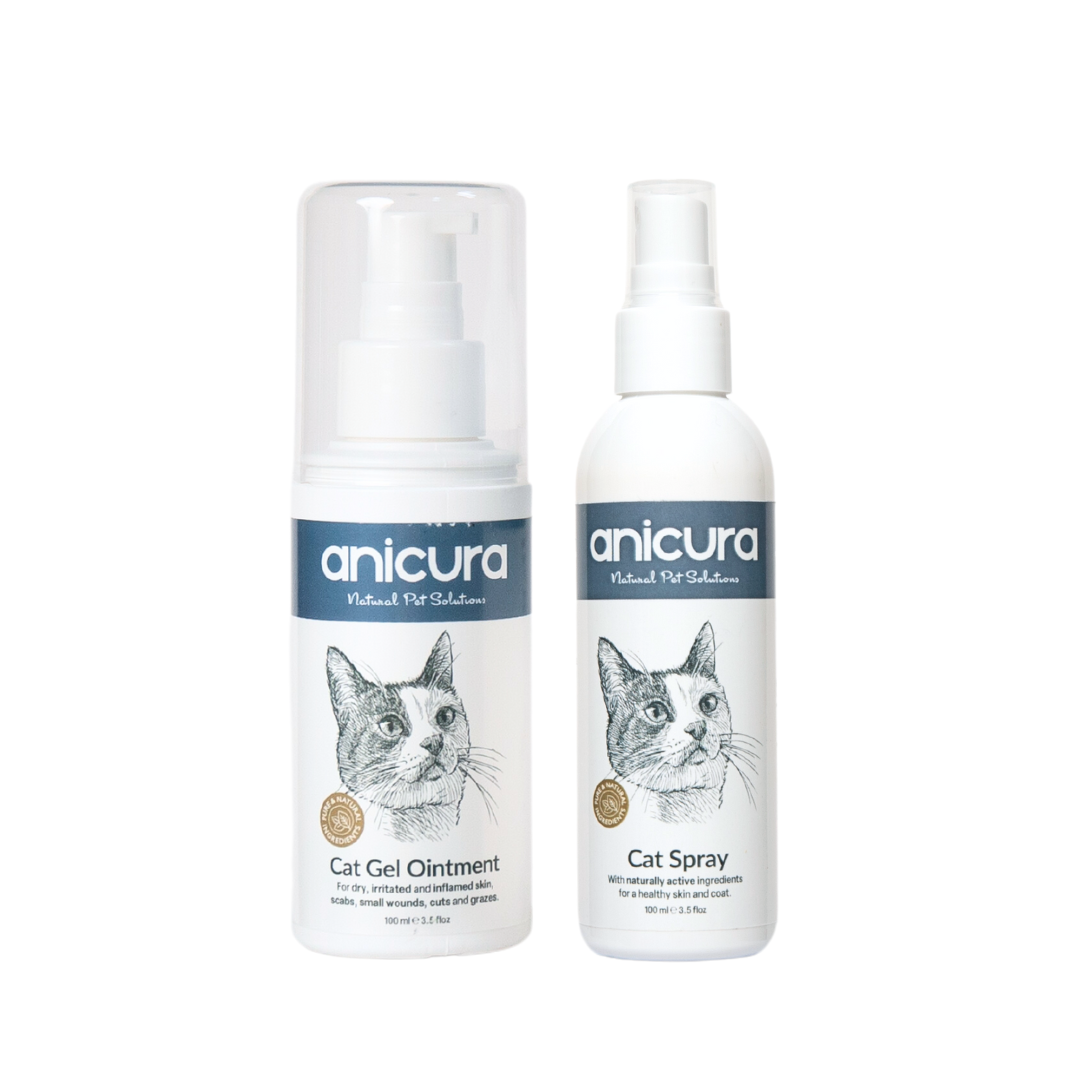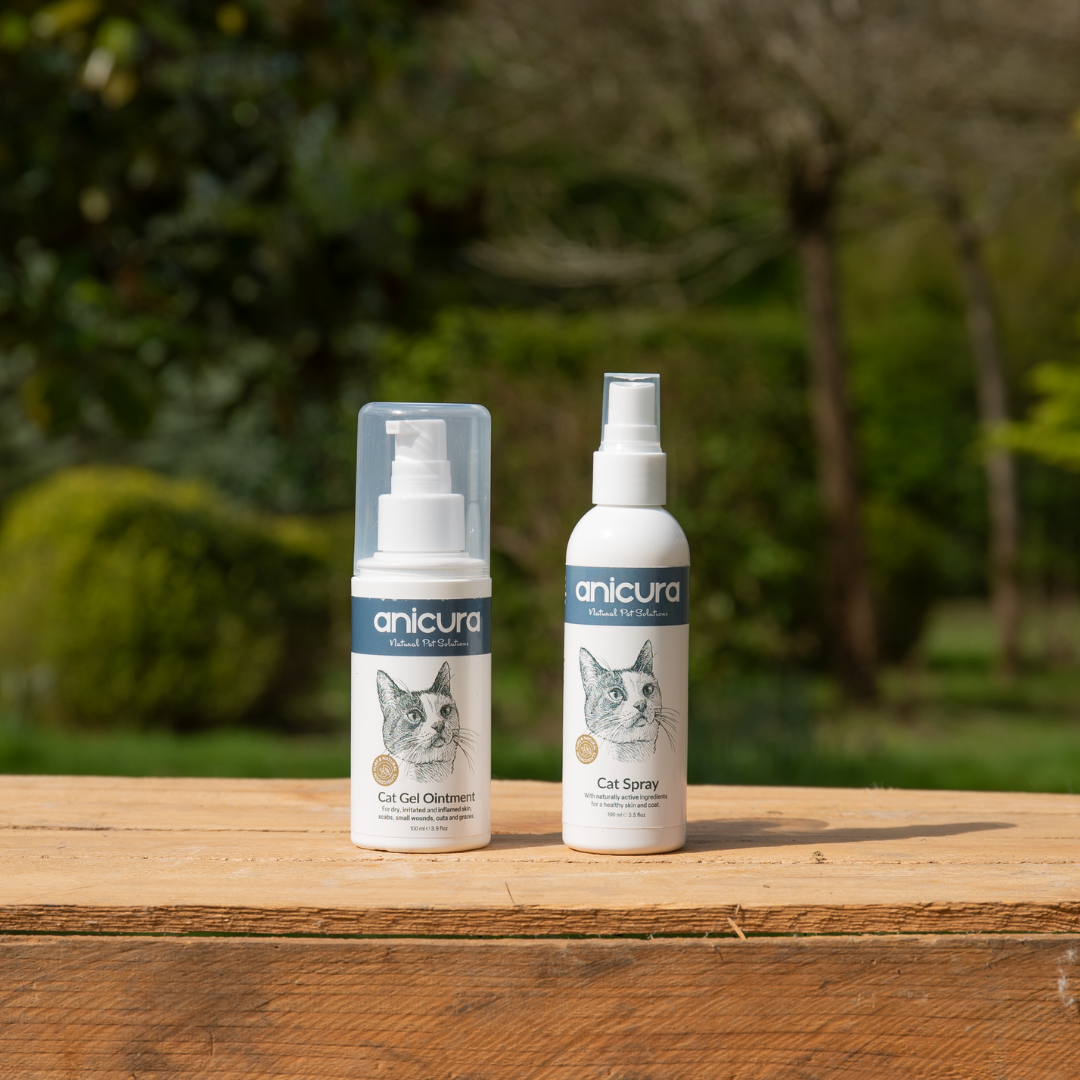Icy wind, rain, sleet, even snow. Cracked lips and raw skin are signs that the winter months have arrived. The season can play havoc with a person’s skin. It stands to reason then that the same thing happens with our pets. Has your dog been licking or biting their paws more than usual? Is Mrs Mittens uncomfortably scratching and rubbing her fur? Winter can cause serious irritation to our pets’ skin, irritation that can worsen and become pain if left untreated. What’s causing the problems, though? The issue is twofold – cold air outside and warm, dry air inside can prevent our pets’ skin from retaining moisture, leaving them itchy and frustrated. What, however, can be done about this.
1. Dress Warmly
The air outside is, unfortunately, out of our control. Winter is winter and the air will be cold, no matter what. If your dog is small or short-haired, or in any other way not equipped to face the elements, dressing them warmly can make a big difference. A simple jacket can go a long way in protecting your dog’s skin while out on a walk, keeping the icy wind and rain at bay and allowing your pooch to spend energy on more important things like running away when you call it to you, or rolling around in the mud when you’ve specifically told it not to do that three times already.
2. Beware of Bath Time
On the topic of mud, it and winter go hand in hand. The rain falls heavy and often, and all paths quickly turn to a brown mire, swallowing whichever shoes they can and sticking like glue to the ones they can’t. Cats, as we know, are adept at self-cleaning and will likely avoid puddles wherever possible, reducing or outright eliminating the need to give them a proper bath, Dogs, however, share a bond with muddy puddles that goes beyond human understanding. The two are drawn together like Romeo and Juliet, ham and cheese, or The Queen and her Corgis. We all walk our dogs, and it can often be tempting to bathe your dirty dachshund more than usual in winter. Avoid this if you can! Excessive bathing can deprive your pets’ skin of the natural oils that keep it moisturised in the cold and leave it prone to flaking. When you do bathe them, make sure to use a gentle shampoo that avoids common skin irritants, like ours. That way you can keep your pets’ skin fresh and well-moisturised.
3. Humidify Your Home
Regarding indoors, you’ll often, of course, have the central heating on to fend off the cold outside, but this brings its own challenges for our pets’ skin. Air conditioning and central heating create a dry heat that dries out skin and leaves it prone to flaking and itchiness. A humidifier is a great way to combat that, as it subtly moistens the air and keeps your pets’ skin fresh and well-moistened. The old-fashioned solution to this issue is placing a little dish of water on the radiators around your house and topping them up regularly.
4. Brush Regularly
How else to avoid flaking? Regular brushing is a triple whammy when it comes to protecting your pet – it gets rids of excess flakes that can irritate the skin, it stimulates the skins oil producing glands, which often can’t keep up in winter, and it also makes a great bonding moment for you and your pet. Quality time never did so much good.
5. Moisturise
Beyond brushing, moisturising products are a great way to keep your pet’s skin from flaking and drying out over the winter. Products like our Cat or Dog Spray and Gel can help maintain the moisture levels in your pets’ skin. The potent anti-itching Sprays are easy to apply to larger areas and longer fur – you can even spray them on to a brush and work the product into the coat that way, if your dog or cat has particularly luscious locks. The Spray sinks deep into the skin, where the combination of different fatty acids, vitamins and minerals gets to work quickly – locking moisturise into the skin cells, soothing any inflammation and fighting deficiencies. The Gel is wonderful for nourishing smaller, dry, flaky, itchy patches or sensitive areas such as the face and paw pads. It forms a protective layer over the skin and provides deep nourishment, protecting the skin from the elements whilst bringing the area back to health.
6. Supplements If Necessary
As strange as it sounds, you should also be moisturising your pet’s skin from the inside. “Moisturise inside? What are you suggesting?” I hear you ask. You can guard against the effects of harsh winter weather by introducing essential fatty acids into your pets’ diet. This helps to simulate oil production in your pet’s skin from within and keep your pets’ skin healthy and soft. Favourites for dogs are flaxseed and fish oil, cats seem to do very well on salmon and evening primrose oil.
Hopefully, these tips have been of help, and you can help your pet beat the itchiness that comes with the cold. Your four-pawed friend might not thank you at the time, but they’ll certainly appreciate you in the long run when they’re free from itches and rawness.





